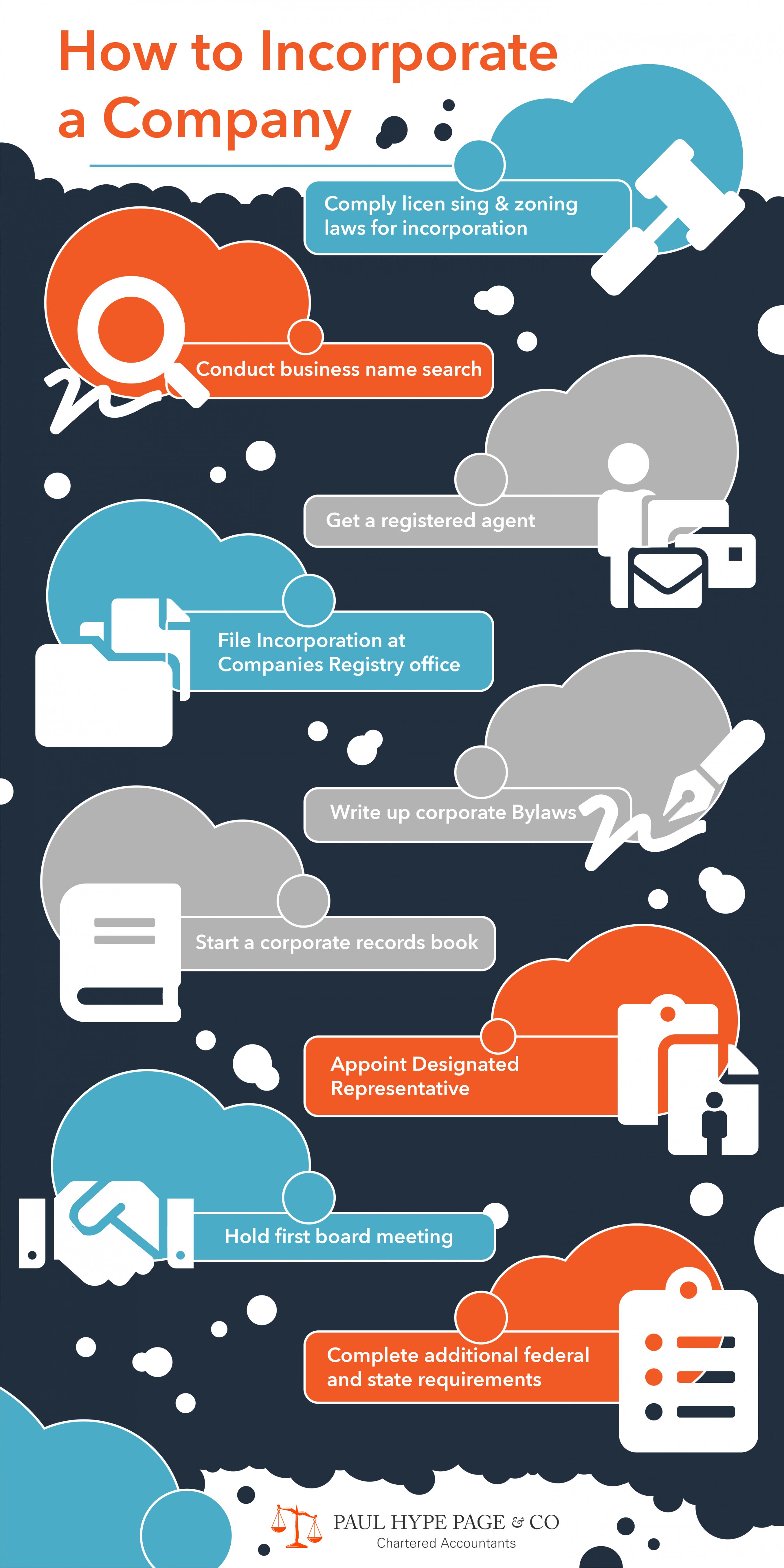Hong Kong is famous for its open economy. It combines a simple low-rate tax regime with free-market principles, and it has no restrictions on inbound or outbound investment. Hong Kong is a major financial and commercial center and serves as a regional headquarters and business hub for the Asia Pacific region. It acts as a gateway to enterprises seeking access to global markets.
Like Hong Kong, Taiwan practices a capitalist economy. Taiwan has a free market economy in which a free price system determines the prices of goods and services. The larger part of the economy is driven by electronics and technology in the north, precision machinery in the central regions, and petrochemicals and heavy industry in the south. There is little government involvement in the market’s economy. It is an Asian logistics hub that offers a vibrant investment environment and a low corporate tax environment.
The relationship between Hong Kong and the ROC is managed through the Hong Kong-Taiwan Economic and Cultural Co-operation and Promotion Council (ECCPC) and the Taiwan-Hong Kong Economic and Cultural Co-operation Council (THEC).
Why Taiwan?
Taiwan is a business hub in Asia-Pacific and a great location for investment in China with the ability to commercialize innovative products rapidly. IT and manufacturing are the most competitive industries in Taiwan. Additionally, Taiwan has inexpensive human resources and handsome tax advantages. For example, the profits generated from trading of futures, securities, lands, and dividends or net surplus are not subject to Taiwan income tax.
How to Incorporate a Company?
Incorporation of a company is the legal process that is used to form a corporate entity or a company. An incorporated company is a separate legal entity on its own, recognized by the law, and are usually identified with the terms like ‘Inc.’ or ‘Limited’ in their names. Lenders, investors vendors, and customers are more likely to take your business seriously when organized as a corporation.
Incorporation offers important legal and tax advantages like protecting personal assets, easier access to capital, perpetual existence, and anonymity. One should be aware of local requirements as incorporation is regulated at the state and city level.
Steps for Company Incorporation
The following are basic steps for incorporation:
- Comply with licensing and zoning laws and ensure you comply with local laws before establishing a corporation.
- Conduct a business name search. Choose a unique name and attach a signifier onto the end of your business’s name, such a Inc., Co., or Corp.; the name must be approved before proceeding with company incorporation.
- Name a registered agent, one who will accept official mail on your business’s behalf.
- Draft and file articles of incorporation at the Companies Registry offices. This is a certificate of incorporation or corporate charter explaining the corporation and its purpose.
- Write up corporate Bylaws. It lays out how your corporation is structured and managed.
- Start a corporate records book. This is where you store documents to show the state that you are complying with IRS and state laws.
- Have a register of all persons who have significant control of the company and a point a Designated Representative (DR) responsible for reporting to the SCR to prescribed local authorities upon demand.
- Hold your first board meeting, where you share all the relevant information with the board members.
- Complete additional federal and state requirements.
A guide to incorporate a company in Taiwan
During incorporation in Taiwan, the company name and approval has to be done by the Department of Commerce of the Ministry of Economic Affairs (MOEA), which is in charge of verification and reservation of the proposed name. It is always good to engage an approved agent who is a Taiwan resident once you have a Point of Attorney.
One should have the following documents to be issued with a Certificate of incorporation:
- A copy of the passport
- The original copy of the Point of Attorney
- The identification of the hired agent
- A copy of a preliminary check of the company’s proposed name.
Next is tax registration for corporate tax, VAT with the Taiwan Taxation Bureau, which then issues a Certificate of business registration, which in turn enables one to open a corporate bank account. One is first required to open a Preparatory Bank Account that serves as a temporary bank account to deposit capital amount.
Besides, one should notarize all valid documents, foreign investment approval with the Taiwan Economic & Office Culture. All documents are translated into Chinese before submission. You are then issued with the Certificate of Incorporation.
Nest applies to the examination of investment capital. Then apply for Partnership Registration, apply for Importer/Exporter English name, and registration and the registration of the business with the Council of Labor Affairs and the National Health Insurance is the final step.
Summary
Taiwan’s city culture may be similar to that of Hong Kong, but there is little talent in the finance sector talent and a lack of clarity over incentives. There are also tight regulations for the financial sector and steeper taxes in comparison to Hong Kong.
Beijing’s new security law, anti-money laundering regulations, and Know Your Customer (KYC) requirements may cause mass emigration in Hong Kong. It is still easier to do business in Hong Kong because it requires less research to set up a business and less work to follow all the rules. Also, the higher standard of English in Hong Kong draws more international talents.
FAQs
If you want to incorporate a company in Taiwan, you should:
- Apply for the reservation name of your company
- Apply for approval of doing business as a foreigner
- Thirdly, apply for the investigation of capital you have for investment.
- Apply for the registration of the partnership
- Finally is to apply for the business registration.
Yes, a foreigner can have 100% ownership of a business in Taiwan.
Yes. If you are willing to make an investment and settle in Taiwan, you can apply for a Resident Visa that permits investment. Further, you will be able to keep your residency permit as long as you still have the investment and live in Taiwan for at least 183 days. The other advantage is your dependents can get the residency tied to your permit.








